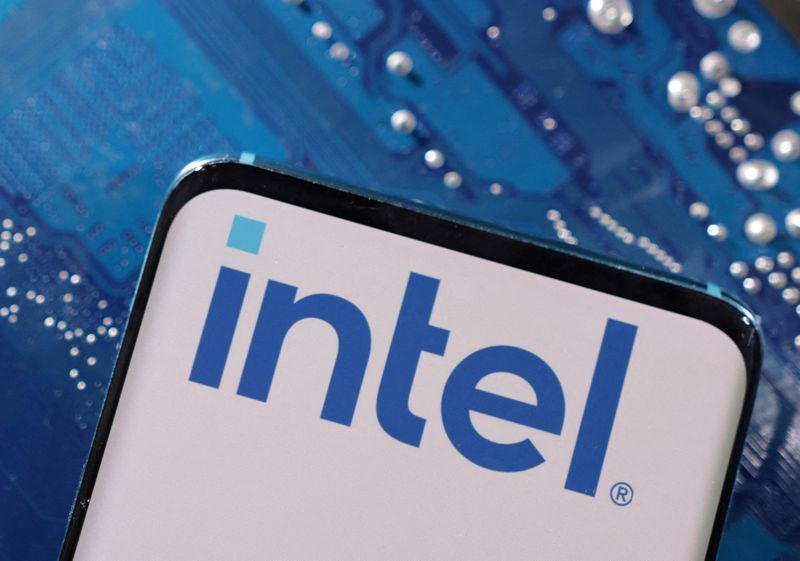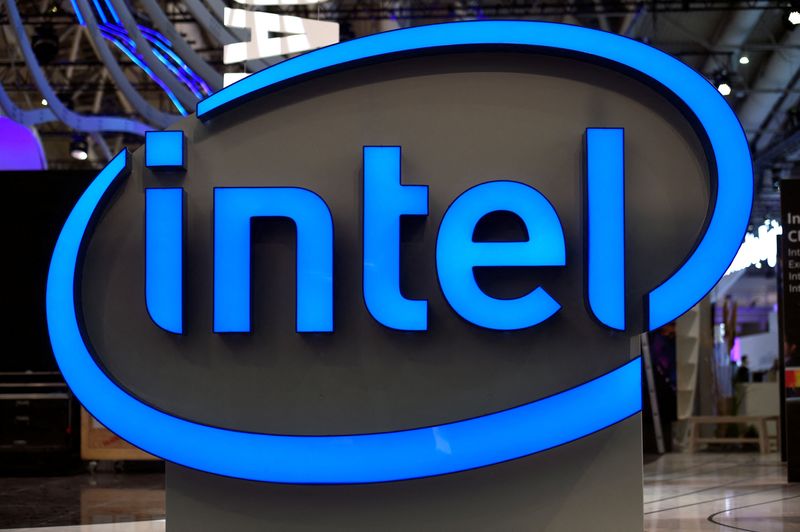By Zaheer Kachwala
(Reuters) -Intel's next chief executive officer will have manufacturing expertise as well as experience in the product side of the business, interim co-CEO David Zinsner said on Wednesday.
Reuters reported on Tuesday that Intel (NASDAQ:INTC) has started evaluating a handful of outsiders including former board member Lip-Bu Tan to take the reins of the struggling chipmaker, a day after the company announced the resignation of CEO Pat Gelsinger following impatience with the pace of a costly turnaround.
"I'm not in the process, but I'm guessing that the CEO will have ... both some capability around foundry as well as on the product side," Zinsner said at the UBS technology conference, adding that Intel's core strategy remains intact.
Zinsner said there was no change to the forecast provided during the company's previous earnings report in October when it expressed optimism about the future of its PC and server business.
The company also requires a significant cultural change to become a successful foundry player as well as in the semiconductor business, Intel's head of foundry manufacturing and supply chain Naga Chandrasekaran said.
Intel's shares have fallen more than 55% so far this year after it largely missed out on the artificial intelligence boom and trails behind industry heavyweight Nvidia (NASDAQ:NVDA). Intel lost its spot on the blue-chip Dow Jones Industrial Average index last month and was replaced by AI chip firm Nvidia.
Chandrasekaran said Intel's progress on the 18A advanced node manufacturing process was going as expected and has met several milestones despite facing difficulties and technical problems.
"There's nothing fundamentally challenging on this node now. It is about going through the remaining yield challenges, defect density challenges," he said.
Intel plans to provide samples of chips made with the new node to customers in the first half of next year, and start to ramp the production at its Oregon plant in the second half, Chandrasekaran added.
FOUNDRY BUSINESS
Intel's foundry business, which was at the center of Gelsinger's turnaround plan, will also start to see better margins by the next year, mostly influenced by its Lunar Lake processors, Zinsner said.

He said the foundry would see additional cost reductions and a mix of higher margin wafers which should improve their business.
Intel invested heavily in its manufacturing business over the past few years in the hopes of restoring its lead in making the fastest and smallest computer chips, a crown it lost to Taiwan Semiconductor Manufacturing Co which makes chips for Intel rivals such as Nvidia.
